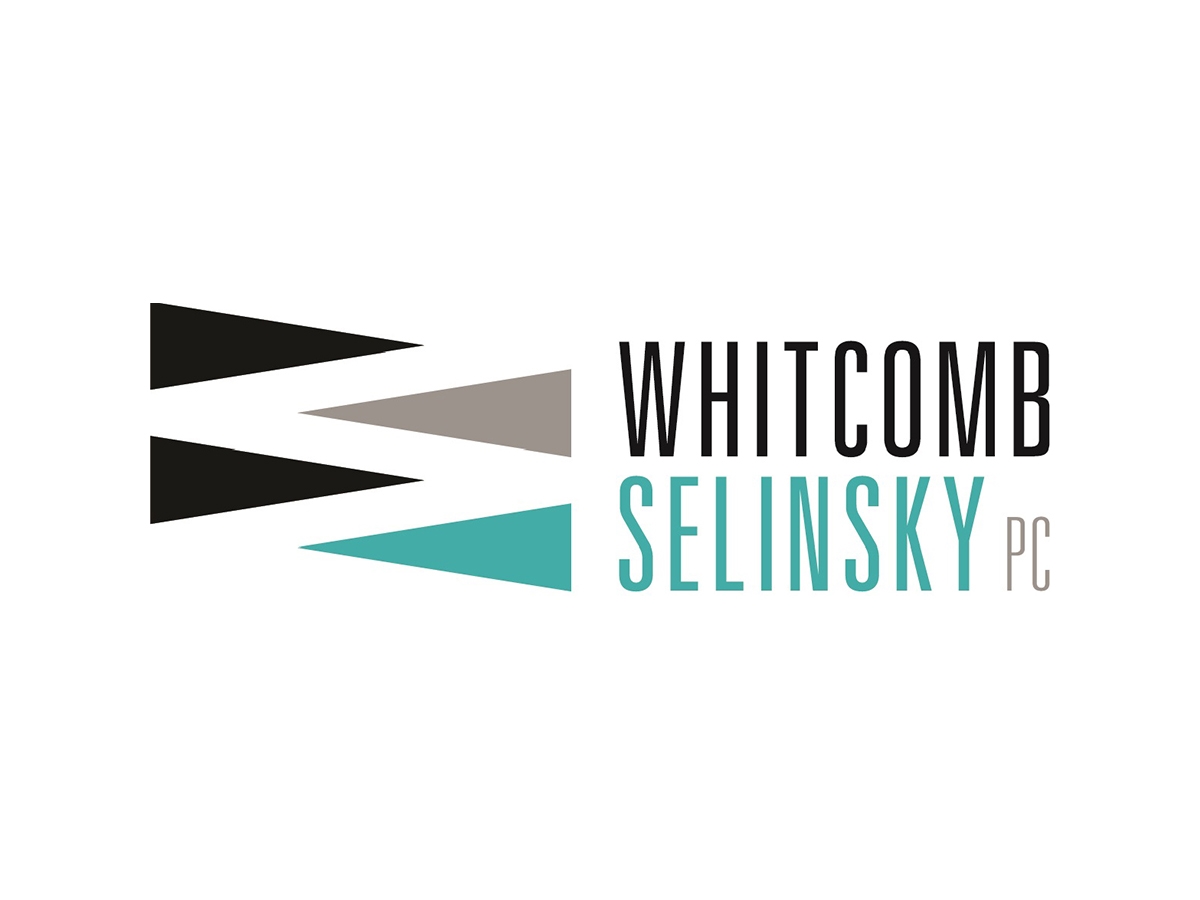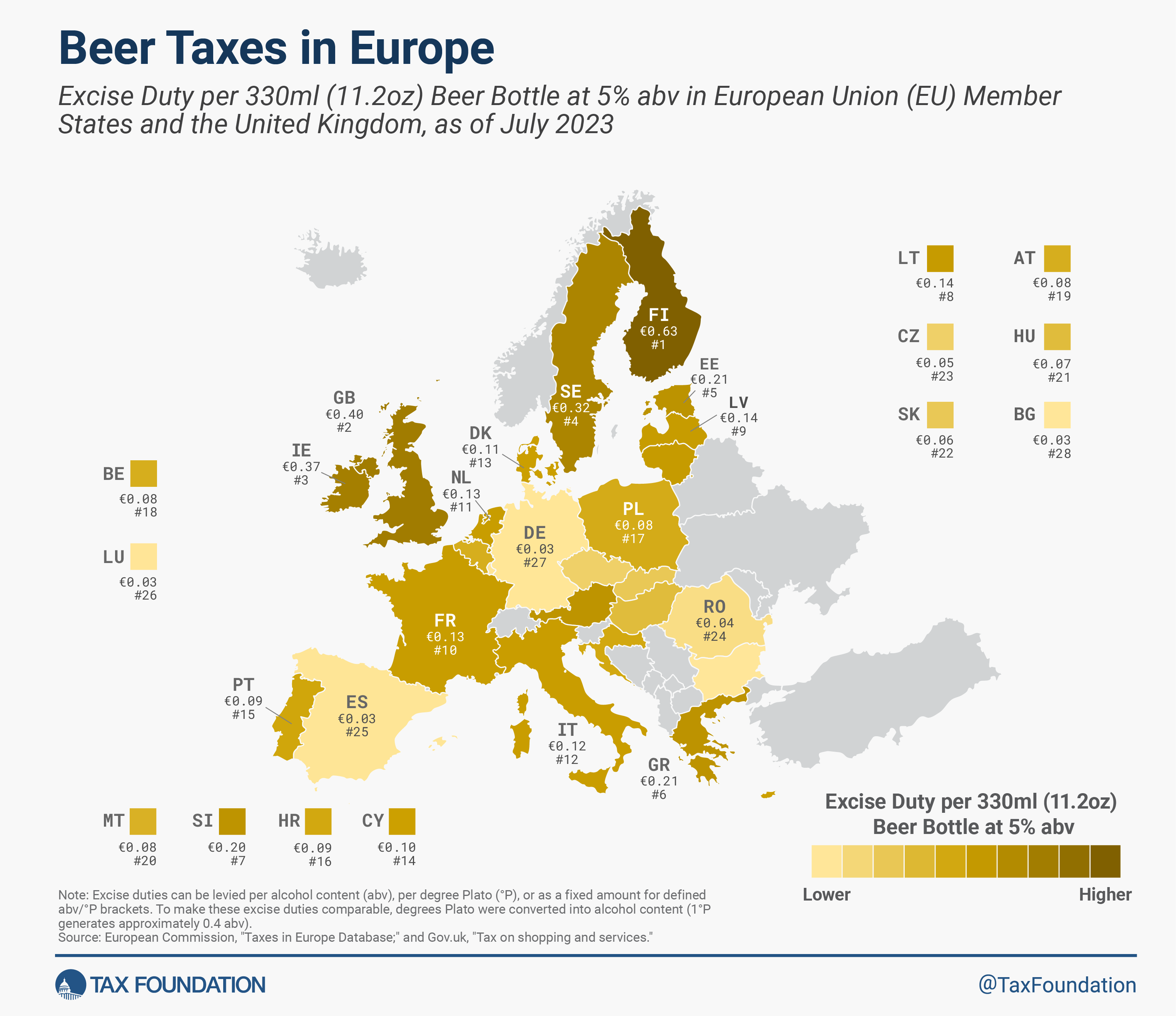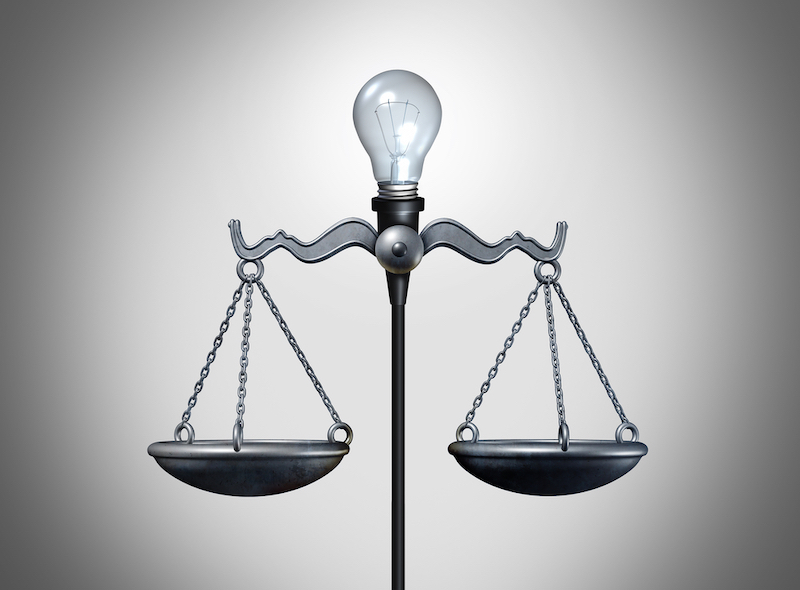What does Trademark Law Protect Against? | Whitcomb Selinsky, PC
If you are in business and use a word, phrase, symbol, design, or any combination of these to identify your goods or services, you have a trademark and need to consider “What does trademark law protect against?”
Trademark law is an essential aspect of business law, and it protects a business’s intellectual property. A trademark is considered your intellectual property.
A trademark is a unique identifier that distinguishes the products or services of one business from those of another. It can be any word, phrase, symbol, design, or combination used to identify your company as the source of the goods or services you sell.
Trademark law protects your business against others using your identifying trademark. This is important because if another company were to use your trademark, it could lead to confusion among consumers, dilution of your brand, and — ultimately — loss of revenue.
SPECIFIC ACTS THAT TRADEMARK LAW PROTECTS AGAINST
Specifically, trademark law protects against the following:
USE OF SIMILAR OR IDENTICAL MARKS
Trademark law protects against the use of a similar or identical mark by others in the same industry. This is because using a similar mark can create confusion among consumers, leading them to believe that the products or services of the two businesses are related.
When another company uses identifying marks that are similar or identical to yours, it can dilute the value of your original trademark. It also can lead to a loss of revenue.
COUNTERFEITING
Trademark law also protects against counterfeiting, which is the unauthorized use of a trademark on products that are not genuine. This can be particularly damaging for businesses that rely on the quality of their products to maintain their reputation.
Counterfeiting also can lead to loss of revenue and damage to your reputation.
DOMAIN NAME INFRINGEMENT
Trademark law also offers protection against domain name infringement. This occurs when a business uses a domain name similar to a registered trademark.
Domain name infringement can be particularly damaging for businesses that rely on their online presence to market their products or services.
TRADEMARK TARNISHMENT
Trademark tarnishment occurs when a trademark is used in a way that damages the brand’s reputation. For example, this can occur when a trademark is used in an inappropriate or offensive context.
Trademark tarnishment can lead to reputational damage and loss of revenue.
UNFAIR COMPETITION
Trademark law also protects against unfair competition, which is any conduct likely to mislead consumers. This includes false advertising, passing off, and deceptive marketing practices.
Like other trademark infringements, these unfair competition practices can lead to reputational damage and loss of revenue.
TRADEMARK LAW PROTECTION IS COUNTRY OR REGION-SPECIFIC
It is important to note that protection under trademark law is territorial. This means that it only applies and provides protection in the jurisdiction where the trademark is registered.
Therefore, businesses should register their trademarks in all the countries or regions where they operate or plan to expand in the future.
TRADEMARK LAW IS COMPLEX
As it covers intellectual property rights and offers many protections, trademark law can be complex and challenging to navigate.
This is why you should seek the advice of a legal professional specializing in intellectual property and trademark law to ensure that your trademarks are adequately protected against unauthorized use that can damage your business.
You can consult a trademark attorney anytime you want to put your mind at ease regarding the legal protection of your business, but specific key times that you should get legal advice include:
- Before registering a trademark
- When you suspect trademark infringement
- When you are considering licensing or selling your trademark
- When you are expanding into new markets






